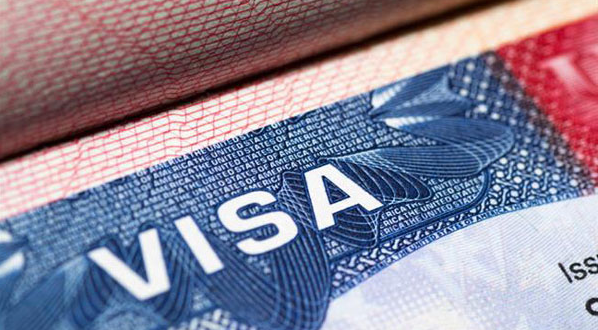The United States Mission in Nigeria has underscored its commitment to global anti-corruption initiatives by reiterating its policy of denying entry visas to individuals implicated in corrupt activities, irrespective of their social standing or political influence. This unwavering stance, communicated through the Mission’s official X (formerly Twitter) platform, emphasizes that the fight against corruption transcends geographical boundaries and applies universally to all individuals, regardless of their prominence. This principle of accountability underscores the United States’ commitment to promoting transparency and ethical governance worldwide. The statement serves as a clear warning that engaging in corrupt practices can have significant repercussions, including being barred from entering the United States.
This recent declaration reinforces the United States’ ongoing efforts to combat corruption globally and within Nigeria specifically. In May 2023, the United States announced visa restrictions targeting individuals who undermined the democratic process during Nigeria’s 2023 election cycle. This action, as stated by Secretary of State Antony Blinken, reflects the United States’ dedication to supporting and advancing democracy in Nigeria and globally. By imposing visa bans on those who obstruct democratic processes, the United States aims to deter future interference and promote free and fair elections. This targeted approach demonstrates the United States’ commitment to holding individuals accountable for their actions and upholding democratic principles.
The United States’ consistent messaging on visa restrictions for individuals involved in corruption and electoral malpractice demonstrates a multi-faceted approach to promoting good governance and democratic ideals. By targeting both corruption and election interference, the United States addresses two key challenges to establishing and maintaining stable democracies. This comprehensive approach acknowledges that corruption can erode public trust and undermine the legitimacy of democratic institutions, while electoral manipulation can prevent the will of the people from being accurately reflected in the outcome of elections.
The visa restrictions serve as a powerful tool to dissuade individuals from engaging in corrupt practices or interfering in democratic processes. By limiting access to the United States, these restrictions impose a tangible consequence on individuals who would otherwise operate with impunity. This not only punishes those responsible but also sends a strong deterrent message to others contemplating similar actions. Furthermore, these visa restrictions can contribute to broader international efforts to combat corruption and promote democracy by encouraging other nations to adopt similar policies.
The United States’ focus on accountability and transparency in its foreign policy aligns with international anti-corruption initiatives and conventions. By actively pursuing measures to combat corruption, the United States reinforces the global norm against illicit financial flows and the abuse of public office for private gain. These efforts contribute to a more level playing field for businesses, promote economic development, and strengthen the rule of law in countries around the world. The United States’ leadership in this area encourages other nations to join in the fight against corruption and promote ethical governance.
The United States’ commitment to combating corruption and supporting democratic processes worldwide is a long-standing and bipartisan objective. This commitment recognizes that corruption and democratic backsliding are global challenges that require international cooperation to address effectively. By leveraging its diplomatic tools, including visa restrictions, the United States actively works to promote good governance, transparency, and accountability. These efforts contribute to a more just and equitable world, where democratic principles are upheld and individuals are held responsible for their actions. The consistent application of these policies reinforces the United States’ role as a global advocate for democracy and the rule of law.


